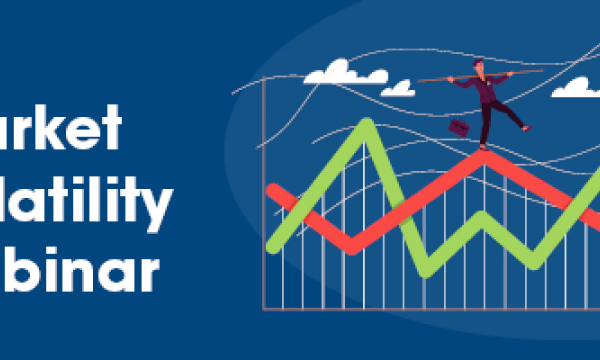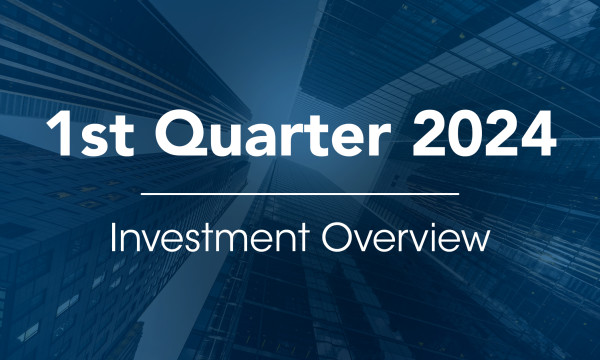COVID-19 and the market

As we close February, equity markets have experienced the swiftest correction (defined as a 10% decline from highs) in history. In fact, more than $6 trillion of value has been wiped from global equities in just days. As you know, the coronavirus (COVID-19) has been the primary culprit for the market malaise, as the virus has already had a material impact on the supply chain and demand for several companies who operate in China, and fears of a pandemic have greatly impacted other industries, not to mention investor psyche.
It’s important to put the current state of the market into some perspective. U.S. large cap stocks were sitting at all-time highs last week, just prior to this sell-off. The S&P 500 returned more than 30% in 2019 and averaged a gain of 13.5% per year for the prior decade. We didn’t know when or why it would happen, but we did know there would be a pullback at some point. So far, the underlying fundamental backdrop remains in decent shape, buoyed by a strong consumer, which accounts for more than two-thirds of the U.S. economy. In other words, low unemployment, rising wages, and near-record-low interest rates remain tailwinds for the economy for the time being.
Looking back at history, there have of course been other health-related scares, and the market impact has been transitory. Although the coronavirus is much more widespread than either the SARS or the Avian Flu outbreaks, neither of those events amounted to more than a blip on long-term market charts. What has traditionally caused longer and more severe pullbacks are a) extreme overvaluations of stocks and b) significant economic recessions. While the possibility exists that the current outbreak could tip the global economy into a recession, one could argue there are an ever-present number of factors, known and unknown, that could do the same at any time. Waiting for a recession (and betting against the markets) has been a poor long-term investment strategy.
We of course don’t know the ultimate impact of the COVID-19 virus. It could be over soon and be followed by pent-up economic demand and therefore create a great buying opportunity. It could last for quite some time and push the U.S. into a recession, and markets could drift even lower. The likeliest outcome is probably in the middle. As it pertains to investment portfolios, events like this are stark reminders why one’s asset allocations are so important. For portfolios with a more balanced objective, the fixed income portion of the portfolio is providing somewhat of a buffer. For the equity portion of investment portfolios, the current pullback comes off of all-time highs, and if history is any guide, provides a decent entry point for investors with a true long-term horizon.
Learning Center articles, guides, blogs, podcasts, and videos are for informational purposes only and are not an advertisement for a product or service. The accuracy and completeness is not guaranteed and does not constitute legal or tax advice. Please consult with your own tax, legal, and financial advisors.
|




